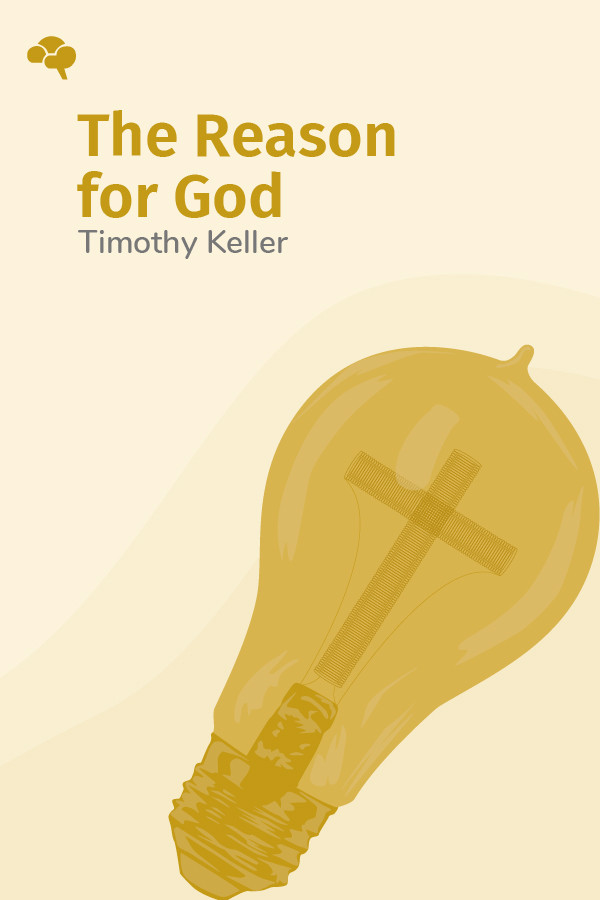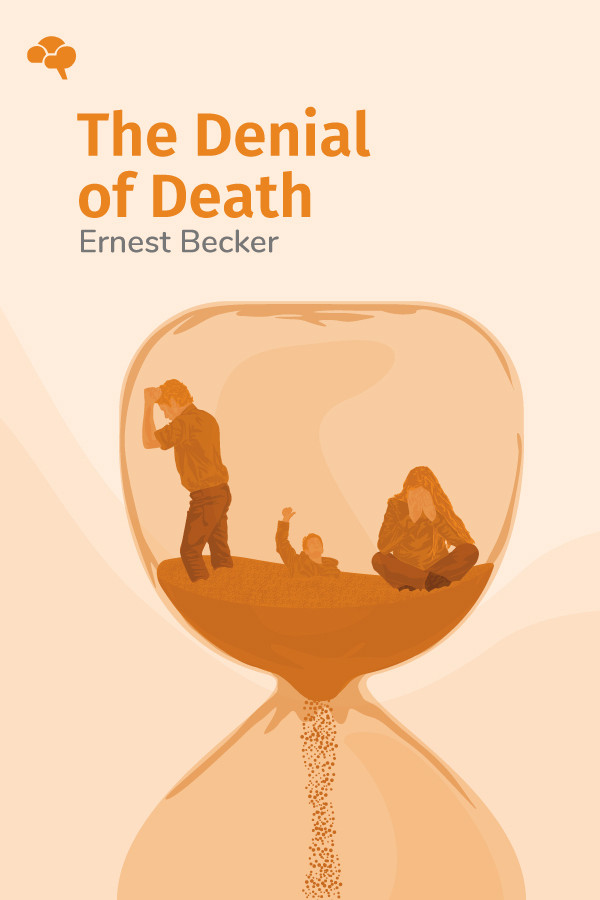

What You'll Learn:
At the age of 51, even after the publication of his most seminal novels, War and Peace and Anna Karenina, Leo Tolstoy (1828-1910) still considered his life a meaningless failure. Here was one of the most celebrated novelists in history, who had ascended to literary and artistic heights few others have attained, and yet a crisis of meaning plagued him. His inner anguish drove him into a sparring match with faith and doubt and reason, and to question what relationship—if any—exists between people and God. In his Confession, Tolstoy describes his upbringing, his spiral into nihilism and despair, and the epiphanies that brought him back from the abyss.
Key Insights:
- Tolstoy’s boyhood faith was hollowed out and replaced by societal norms that seemed more connected to everyday life than the church.
- Tolstoy found flimsier character among the poets and intellectuals than among the soldiers with whom he fought.
- Witnessing an execution and seeing his brother slowly die shook Tolstoy’s faith in progress and perfection—the question “Why?” shattered it.
- Tolstoy considered suicide as the pleasures that distracted him from death’s inevitability lost their luster.
- A nagging doubt that he’d missed something kept Tolstoy from taking what he saw as life’s meaninglessness to its logical conclusion—suicide.
- The faith of the educated took Tolstoy back to despondency, but the faith of the poor showed him that meaning in life is possible.
- Tolstoy returned to the Orthodox Church—for a time.




